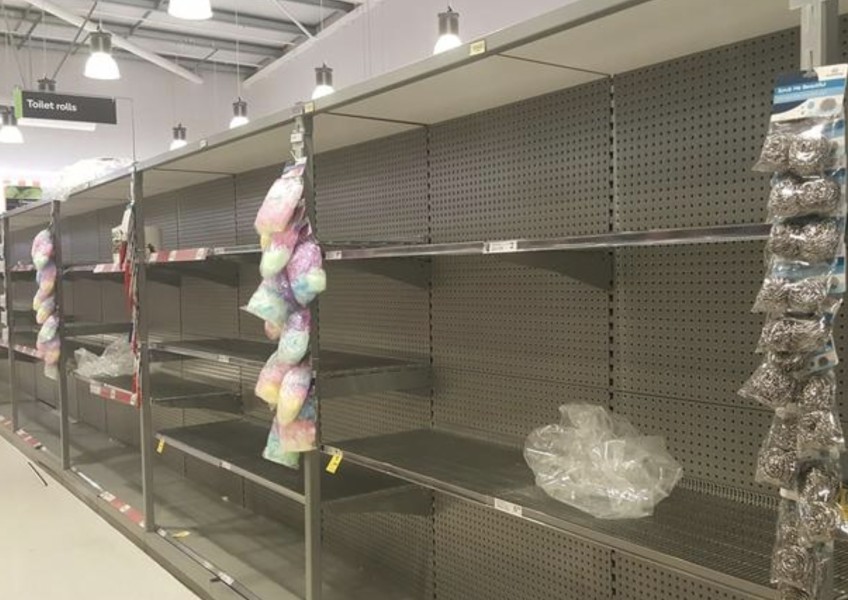Covid supply shortages and 12% of workforce absent: Infometrics

From Infometrics Principal Economist, Brad Olsen.
"New analysis from leading economic consultancy Infometrics finds that the Omicron outbreak in COVID-19 will disrupt New Zealand’s economic recovery. Exploring Omicron’s potential economic impact on New Zealand identifies a range of key challenges New Zealand is expected to face during the Omicron outbreak, including limits on events and hospitality activity, high levels of workers off work, and difficulties finding some goods.
“Limitations on the number of people at venues and events, supply disruptions, absenteeism, and lower economic participation will all combine to restrict economic activity,” says Infometrics Principal Economist and Director Brad Olsen. “At Red, restrictions on activity are expected to keep GDP 2-3% below usual levels, costing $190m per week. But the hit to the economy could well be larger, with difficulties keeping workplaces operational with enough workers and materials further restricting output.”
Estimates suggest that up to 12% of the New Zealand workforce could be absent from work, with wide variations possible. Examples from Australia show considerable challenges for transport, logistics, and supermarket operations.
“Fewer people being at work, picking and packaging goods, driving them around, and getting them instore, will see supply lines caught short. Supply chain disruption will be exacerbated by high demand for some goods, particularly at supermarkets,” says Mr Olsen. “New Zealand will need to carefully manage supplies of critical goods to ensure everyone gets what they need and that New Zealand doesn’t run out of important items.”
Supermarket spending so far in January is up a healthy 12% from pre-pandemic levels. Evidence from the United Kingdom suggests that medical supplies, pasta, and toilet paper appear vulnerable to high demand but reduced supply.
Keeping sick and isolating workers home will be important, with government support critical for businesses and workers. “The Leave Support Scheme could cost $210m a week at the peak of Omicron, but this spending will be important to ensure that staff don’t feel a need to go to work while sick,” says Mr Olsen.
Even then, people’s participation in the economy is set to drop as Omicron spreads. “The Hassle of Going Out (HOGO) will morph into a Hesitancy of Going Out (also HOGO) as the risk grows of contracting COVID-19 or having to isolate for an extended period. An artificial ‘lockdown’ might occur, as Kiwis intentionally limit how much they go out,” says Mr Olsen. As Omicron has spread, overseas data shows a 25% decline in restaurant activity from normal levels, according to OpenTable.
Omicron presents a clear challenge for the New Zealand economy, once again. “New Zealanders have shown themselves to be resilient so far throughout the pandemic, with better economic results than expected during 2020 and 2021. But without the workers to operate, and materials to sell and use, our strong economic foundations remain vulnerable to a period of further economic disruption.”

























